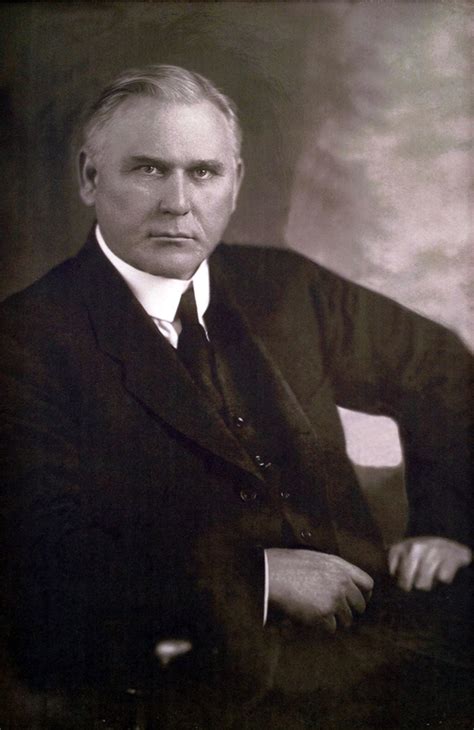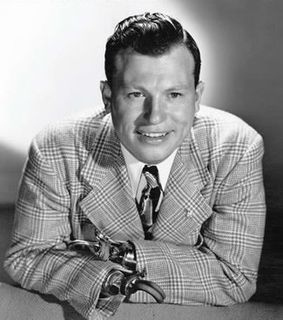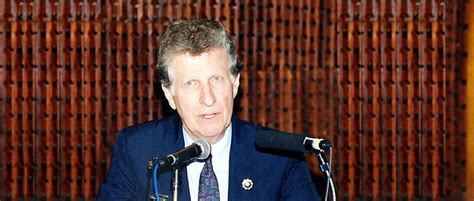A Quote by George Bernard Shaw
Dogmatic toleration is nonsense: I would no more tolerate the teaching of Calvinism to children if I had power to persecute it than the British Raj tolerated suttee in India. Every civilized authority must draw a line between the tolerable and the intolerable.
Related Quotes
Our contention is not for mere toleration, but for absolute liberty. There is a wide difference between toleration and liberty. Toleration implies that somebody falsely claims the right to tolerate. Toleration is a concession, while liberty is a right. Toleration is a matter of expediency, while liberty is a matter of principle.
The plan to carve up British India was never approved of or accepted by Gandhi...who realised too late that his closest comrades and disciples were more interested in power than principle, and that his own vision had long been clouded by the illusion that the struggle he led for India's freedom was a nonviolent one.
Cannibals? Who is not a cannibal? I tell you it will be more tolerable for the Fejee that salted down a lean missionary in his cellar against a coming famine; it will be more tolerable for that provident Fejee, I say, in the day of judgement, than for thee, civilized and enlightened gourmand, who nailest geese to the ground and feastest on their bloated livers in thy pate de fois gras.
There is a great difference, then, between "power" and "authority." Power refers to one's ability to coerce others (through physical, economic, or other means) to do one's bidding. One can possess the means of power: physical strength, armaments, and money. But authority must be performed. Authority refers to one's ability to gain the trust and willing obedience of others. While power rests on intimidation, authority survives through inspiration.
The doctrine which, from the very first origin of religious dissensions, has been held by bigots of all sects, when condensed into a few words and stripped of rhetorical disguise, is simply this: I am in the right, and you are in the wrong. When you are the stronger, you ought to tolerate me; for it is your duty to tolerate truth. But when I am the stronger I shall persecute you; for it is my duty to persecute error.
If we can't think for ourselves, if we're unwilling to question authority, then we're just putty in the hands of those in power. But if the citizens are educated and form their own opinions, then those in power work for us. In every country, we should be teaching our children the scientific method and the reasons for a Bill of Rights. With it comes a certain decency, humility and community spirit. In the demon-haunted world that we inhabit by virtue of being human, this may be all that stands between us and the enveloping darkness.
No doubt that anarchist ideas are frightening to those in power. People in power can tolerate liberal ideas. They can tolerate ideas that call for reforms, but they cannot tolerate the idea that there will be no state, no central authority. So it is very important for them to ridicule the idea of anarchism to create this impression of anarchism as violent and chaotic. It is useful for them.
There is no tyranny in the world more hateful than that of ideas. Ideas bring ideophobia, and the consequence is that people begin to persecute their neighbors in the name of ideas. I loathe and detest all labels, and the only label that I could now tolerate would be that of ideoclast or idea breaker.







































